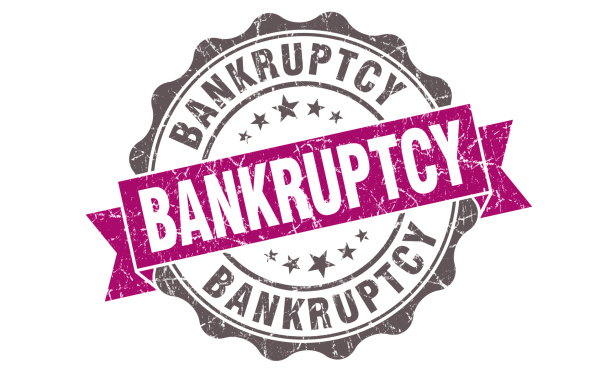One of the policies behind the bankruptcy process is bringing disputes regarding the debtor into one forum to avoid piecemeal litigation and dismemberment of the debtor’s business and assets. For this reason, the Bankruptcy Code provides the bankruptcy trustee with the power to bring actions on behalf of creditors against third parties, the proceeds of which are returned to the bankruptcy estate for distribution to all creditors in order of priority.
Of course, nothing is that simple. There are times when claimants assert claims against the debtor that are specific to them, and other instances where parties assert claims that any creditor could have brought under state or federal creditors’ rights laws. When a bankruptcy case is filed, the question presented is which of these claims can now be prosecuted exclusively by the bankruptcy trustee.
This content has been archived. It is available through our partners, LexisNexis® and Bloomberg Law.
To view this content, please continue to their sites.
Not a Lexis Subscriber?
Subscribe Now
Not a Bloomberg Law Subscriber?
Subscribe Now
LexisNexis® and Bloomberg Law are third party online distributors of the broad collection of current and archived versions of ALM's legal news publications. LexisNexis® and Bloomberg Law customers are able to access and use ALM's content, including content from the National Law Journal, The American Lawyer, Legaltech News, The New York Law Journal, and Corporate Counsel, as well as other sources of legal information.
For questions call 1-877-256-2472 or contact us at [email protected]



